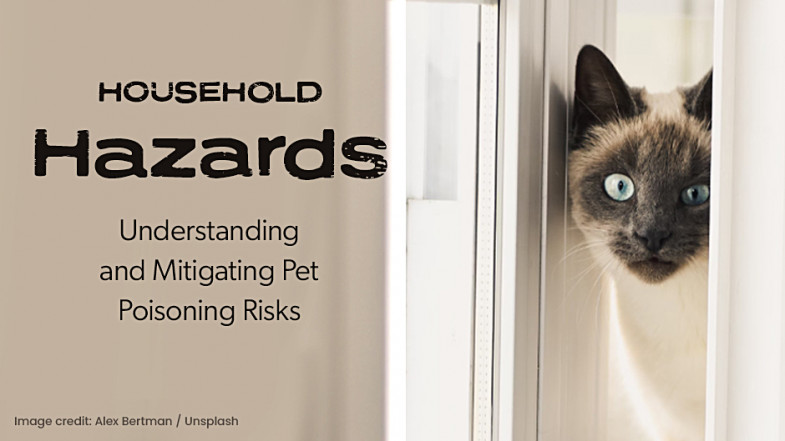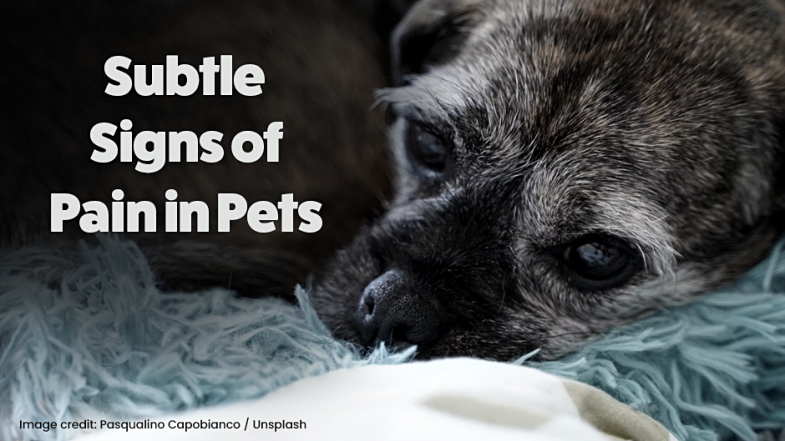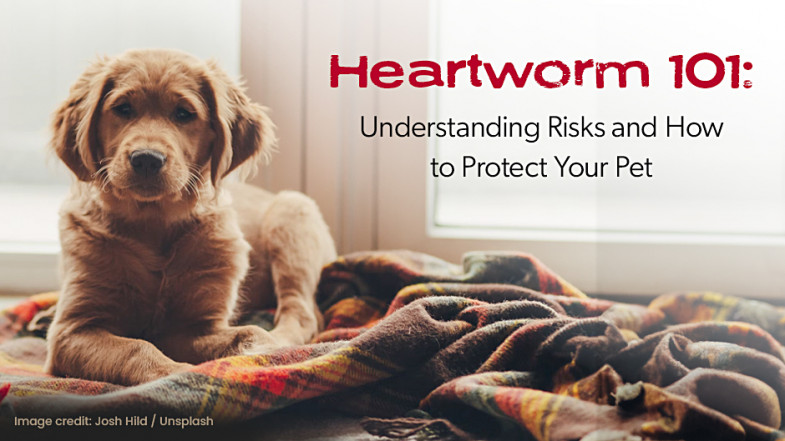Freeburg Animal Hospital Blog
Household Hazards: Understanding and Mitigating Pet Poisoning Risks

Owning a pet offers immeasurable joy, companionship, and love. However, it also comes with the responsibility of ensuring their safety and well-being. Many common items found in our homes could pose significant poisoning risks to our furry companions. By understanding these hazards and how to prevent them, we can create a safer environment for our pets.
Key Household Hazards for Pets
Chocolate
Widely known but often underestimated, chocolate contains theobromine, which is toxic to dogs and cats. Even small amounts can cause vomiting, diarrhea, and more severe symptoms. As you're filling Easter baskets or baking holiday treats, be mindful to keep chocolate out of reach and clean up any spills immediately.
Houseplants
Many popular houseplants are poisonous to pets. For instance, lilies can cause kidney failure in cats, and sago palms can be lethal if ingested by pets. This time of year, in particular, brings an abundance of lilies, tulips, and daffodils, so be extra cautious.
Medications
While medications are meant to help us, they can be dangerous for pets. Keep all prescriptions and over-the-counter drugs securely locked away from curious paws if you're entertaining guests for holiday festivities, store handbags, coats, and other items that may contain toxins out of reach, as well. Never give your pet any medication without consulting a veterinarian first.
Cleaning Products
Household cleaners, such as bleach, disinfectants, and laundry pods, can cause severe chemical burns and respiratory issues in pets if ingested or inhaled. Always place these items out of reach of pets, and thoroughly rinse any surfaces where they've been used.
Trash and Unattended Items
The trash can is a treasure trove of potential dangers—from coffee grounds to spoiled leftovers to food packaging. Keep it securely closed and don't leave any items unattended, as pets may be tempted to chew or ingest them.
Practical Prevention Tips
View Your Home Through Your Pet’s Eyes
Get down to their level and identify potential risks—place chocolate in unreachable places, ensure houseplants are out of reach, and keep medications locked away.
Secure Trash and Unattended Items
Ensure trash is inaccessible and routinely check bags, backpacks, and purses for any items that could harm your pet. Make a routine of placing these items out of reach when you come home.
Recognizing Symptoms of Pet Poisoning
Be vigilant for signs of distress in your pets, such as vomiting, diarrhea, lethargy, and excessive drooling. Early recognition can make a significant difference in outcomes.
Emergency Actions for Pet Owners
In the unfortunate event that you suspect your pet has ingested a poisonous substance, prompt action is critical. Immediately call your veterinarian or a pet poison control center. Time is of the essence, and their guidance could save your pet’s life.
Maintaining a pet-friendly environment requires diligence and an ongoing commitment to their safety. By proactively identifying hazards and implementing preventive measures, we can vastly reduce the risk of pet poisoning. Remember, our pets rely on us for their well-being—it's our duty to protect them.
For further information on pet care and emergency resources, please do not hesitate to reach out to us.
Oreo’s journey:
Oreo was brought to us one night after being hit by a car. He suffered a broken leg and road rash, luckily he had no other serious injuries.
After several days of love, care, and hard work Oreo is out of his cast and doing a lot better! He will be looking for a new home soon!
Categories
Recent Posts

As a veterinary team, one of the most important conversations we have with pet parents is about pain. Unlike us, our pets can’t simply tell us when something hurts. They often mask their discomfort, making it difficult to recognize the early signs of pain. Whether your pet is growing older or experiencing an acute injury, understanding the subtle indicators of pain is one of the best things you can do as a pet owner to facilitate your pet’s overall wellbeing.

When was the last time your cat visited the vet? Cats are known for their independent and often aloof nature, which can sometimes lead to the misconception that they don’t require regular veterinary care. However, just like dogs, cats need routine checkups to ensure they live long, healthy lives.

Among the various health risks that pets face, heartworm disease stands out as a particularly insidious threat. This disease can have devastating effects on your pet, and yet, it is preventable. This article will delve into heartworm disease and stress the importance of proactive prevention.